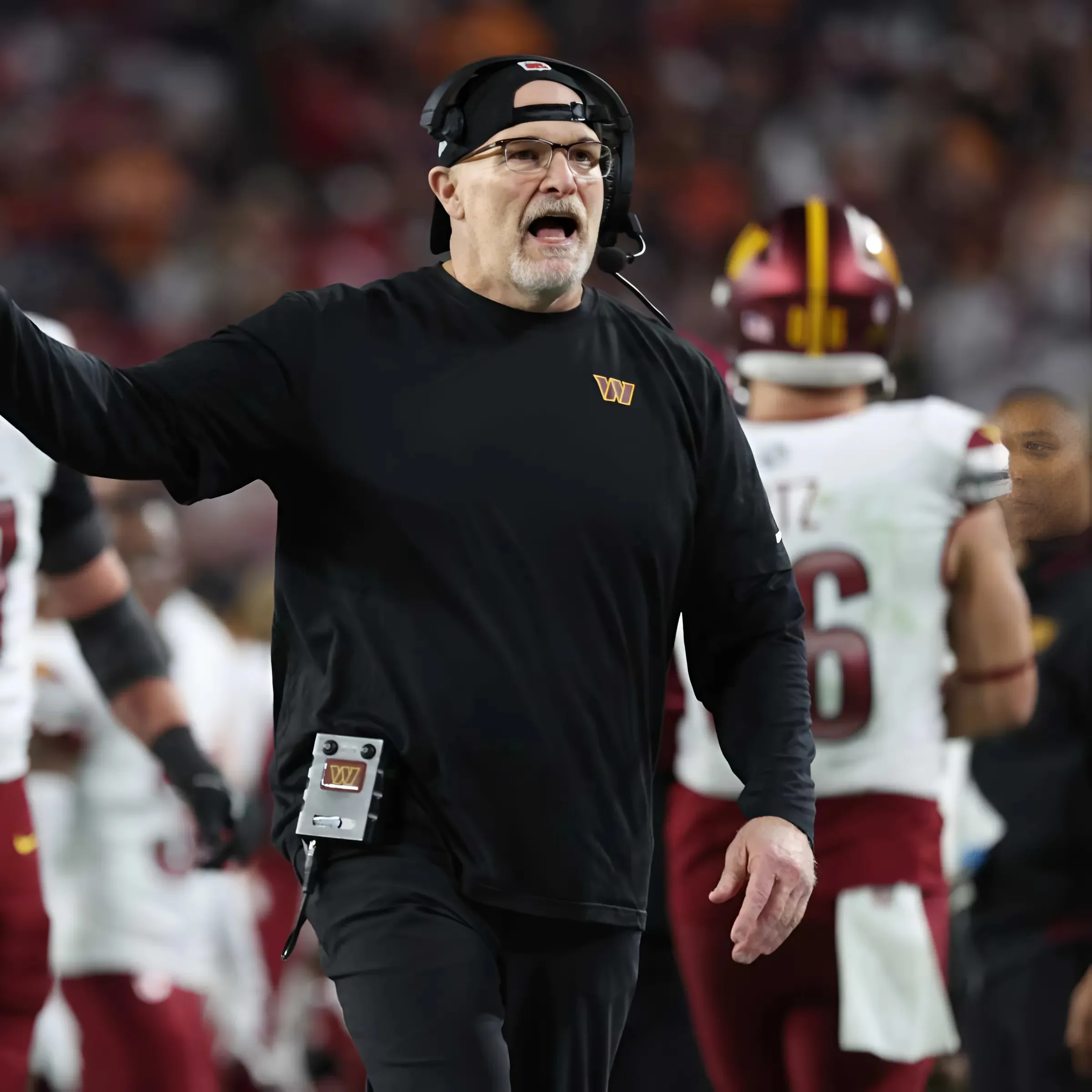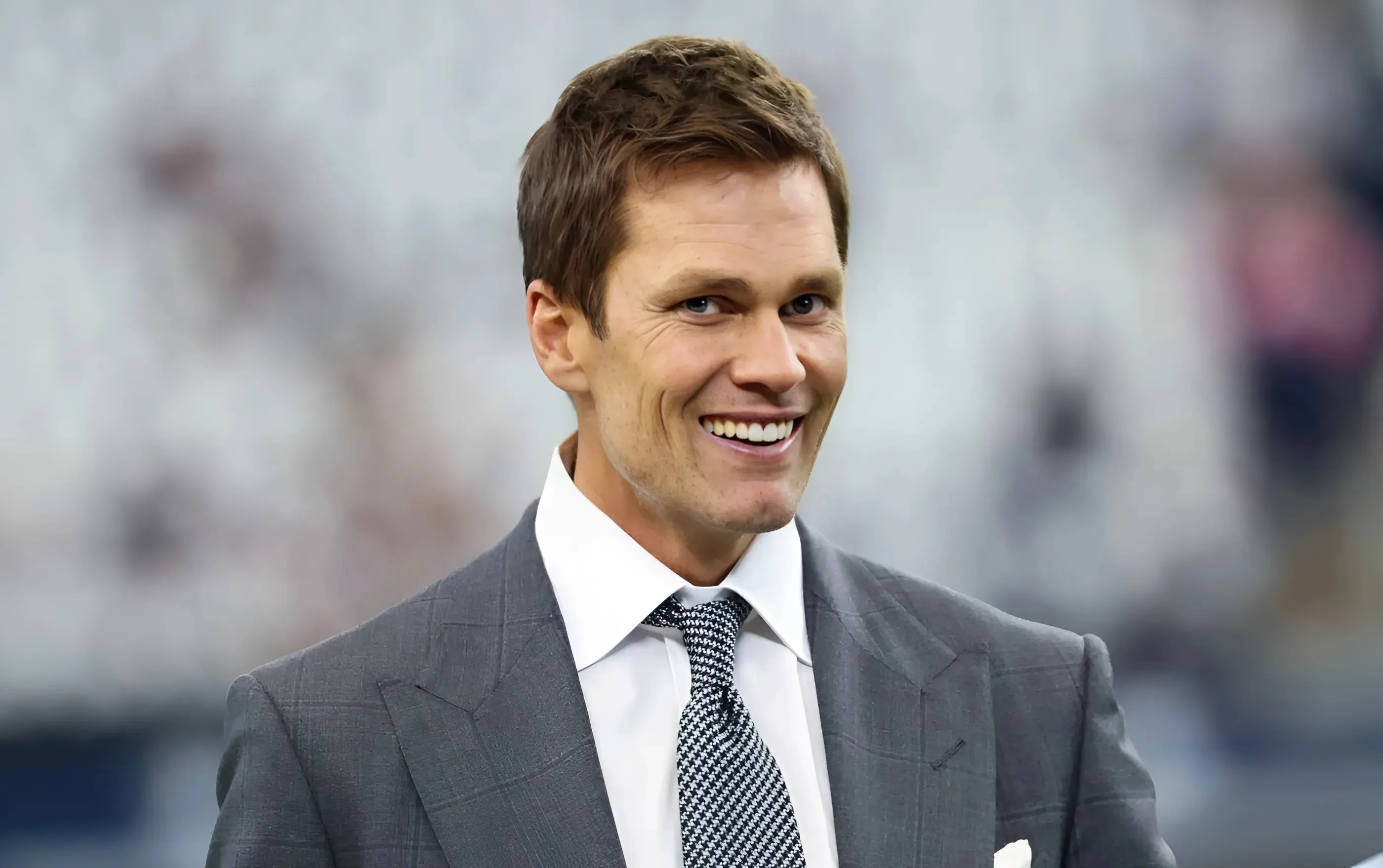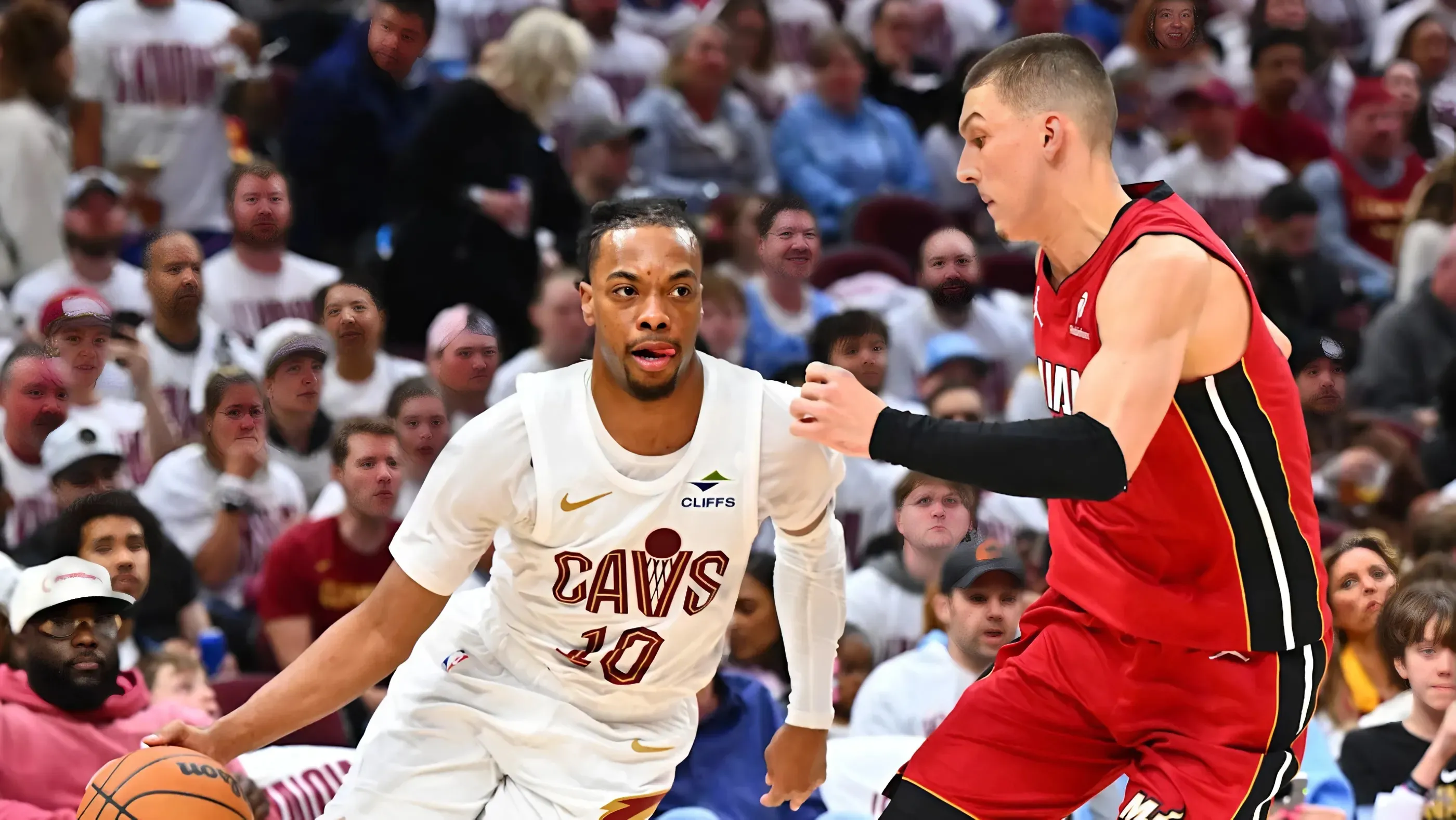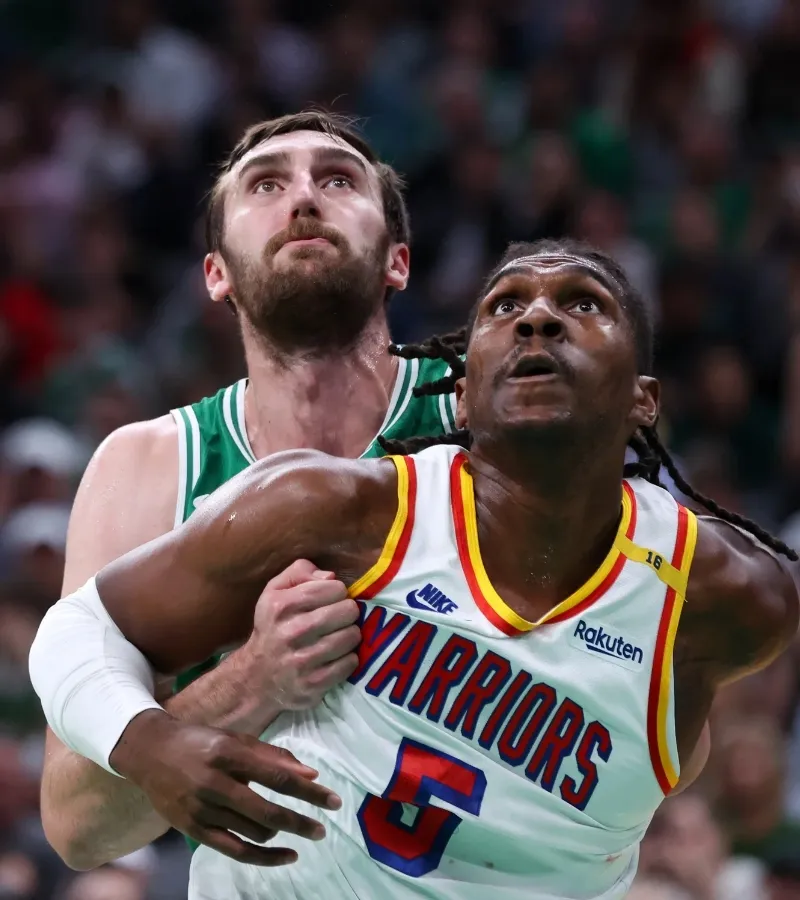EDITOR’S NOTE: Every day until Aug. 29, Creg Stephenson is counting down significant numbers in Alabama football history, both in the lead-up to the 2025 football season and in commemoration of the Crimson Tide’s first national championship 100 years ago. The number could be attached to a year, a uniform number or even a football-specific statistic. We hope you enjoy.
On Nov. 21, 1998, an era ended for football in this state and in the city of Birmingham.
That was the date of the final Iron Bowl played at Legion Field, which had hosted the rivalry game between Alabama and Auburn every year since 1948. The Iron Bowl would be become an entirely on-campus affair the following season, and would be played in Tuscaloosa for the first time in the modern era in 2000.
But for nearly 50 years, the Alabama-Auburn game was the city of Birmingham’s signature event. Such historic moments such as Ken Stabler’s “Run Through the Mud” in 1967, “Punt Bama Punt” in 1972, “Bo Over the Top” in 1982 and “The Kick” in 1985 took place on the grass — and later artificial turf — at Legion Field, the venue known as the “Football Capital of the South.”
The 1998 Iron Bowl was not a classic like those mentioned above. For one thing, the teams weren’t very good. Alabama came into the game at 6-4, having been manhandled the previous week by Mississippi State in Starkville. Auburn was 3-7 and had undergone a midseason coaching change, with Terry Bowden resigning abruptly and defensive coordinator Bill Oliver stepping in as interim coach.
Oliver’s presence on the Auburn sideline did add a bit of intrigue. He’s the only graduate of either Alabama or Auburn to serve as head coach of the other in the Iron Bowl.
Oliver would also be facing his protégé, Alabama head coach Mike DuBose, who had been the Crimson Tide’s defensive line coach when Oliver was defensive coordinator under Gene Stallings in the early 1990s. After first saying “it doesn’t mean anything to me as a head coach” to face his alma mater in the Iron Bowl, Oliver admitted to being keyed up for the game.
“I’ve been on both sides,” he told the Birmingham News. “What’s it like? This rivalry is the ultimate. It is the greatest in the United States of America.”
The game itself got off to an unexpected start, as Auburn built a 17-0 lead in the first quarter before Alabama roared back behind Shaun Alexander. The silky smooth running back scored on runs of 13 and eight yards and also caught a short pass from Andrew Zow and broke free for a 43-yard touchdown, which gave the Crimson Tide the lead for good in the final minute of the third quarter.
Alexander finished the day with 158 all-purpose yards, while Alabama’s defense held Auburn to just 208 yards and intercepted freshman quarterback Gabe Gross twice. After having gone 4-7 in DuBose’s debut season of 1997, the Crimson Tide clinched a winning record with the 1998 Iron Bowl victory (they would be crushed by Virginia Tech in the inaugural Music City Bowl to finish 7-5).
The fact that the 1998 Iron Bowl would be the last at Legion Field wasn’t known at the time. Alabama had a contract to play home games vs. Auburn and Tennessee at Legion Field through 2001, but reached an agreement with the city of Birmingham to amend and buy its way out of the deal the following March.
The impetus was the expansion of Bryant-Denny Stadium, which seated a little over 70,000 — as opposed to 83,018-plus for Legion Field — before it was expanded to 83,818 in 1998. (The stadium was expanded again in 2006 and once more in 2010 before being slightly reduced in capacity in 2020, and now seats 100,077.)
Under terms of the new contract, Alabama paid the city $350,000 to move the 1999 and 2001 Tennessee games and the 2000 Iron Bowl to Tuscaloosa. The school also agreed to play at least one home game at Legion Field for roughly the next decade.
The contract was later amended again, and Alabama ended up playing two home games at Legion Field every season from 1999-2001 and one each in 2002 and 2003. A 40-17 victory over South Florida on Aug. 30, 2003, marked the Crimson Tide’s final regular-season game in Birmingham (and was also Mike Shula’s debut as head coach).
Alabama has played all its home games on-campus since 2004; Auburn has done so since 1992. And moving the Iron Bowl to Bryant-Denny Stadium and Jordan-Hare Stadium on a rotating basis was probably the right move, all things considered.
But the Iron Bowl might have lost a little luster when it left Birmingham. The Magic City certainly did.



